Publications
Articles, publications, books, tools and multimedia features from the U.S. Institute of Peace provide the latest news, analysis, research findings, practitioner guides and reports, all related to the conflict zones and issues that are at the center of the Institute’s work to prevent and reduce violent conflict.

Iran’s Attack and the New Escalatory Cycle in the Middle East
The Middle East is entering a new phase after unprecedented attacks by Israel and Iran during the first two weeks of April. Robin Wright, a senior fellow at USIP and the Woodrow Wilson Center who has covered the region for a half century, explores what happened, the strategic implications, the political context and the divided world reaction.

Four Priorities for Sudan a Year into the Civil War
This week marks a year of war in Sudan. A once promising revolution that led to the overthrow in 2019 of the country’s longtime dictator, Omar al-Bashir, has devolved into a devastating civil war. The fighting started over a dispute on how to incorporate the paramilitary Rapid Support Forces (RSF) into the country’s military, the Sudan Armed Forces (SAF). A year later as the conflict between the RSF and SAF grinds on, Sudan is experiencing the world’s worst displacement crisis and one of the world’s worst hunger crises in recent history.

What Sweden’s Accession Shows About NATO’s Future
As NATO celebrates its 75th anniversary, it has cause to celebrate Sweden’s addition as the 32nd member of the alliance. The Nordic country’s accession came after a grueling, two-year fight with NATO member states Turkey and Hungary, both of which extracted concessions in exchange for allowing the process to move forward. Sweden’s entry will improve NATO’s capabilities and greatly reduce the vulnerability of its northeastern flank. But the difficulties it took to reach this point raise serious questions about the alliance’s ability to cohere around shared political and strategic objectives in a time of crisis.

Huawei’s Expansion in Latin America and the Caribbean: Views from the Region
Since its founding in Shenzhen, China, in 1987, Huawei has grown into one of the world’s major information and communications technology companies, but its ties to China’s government and military have been regarded by US officials as a potential risk to national security. Latin American and Caribbean countries, however, have embraced the company for the economic and technological benefits it provides. This report explains the stark contrast between Huawei’s standing in the United States and its neighbors to the south.
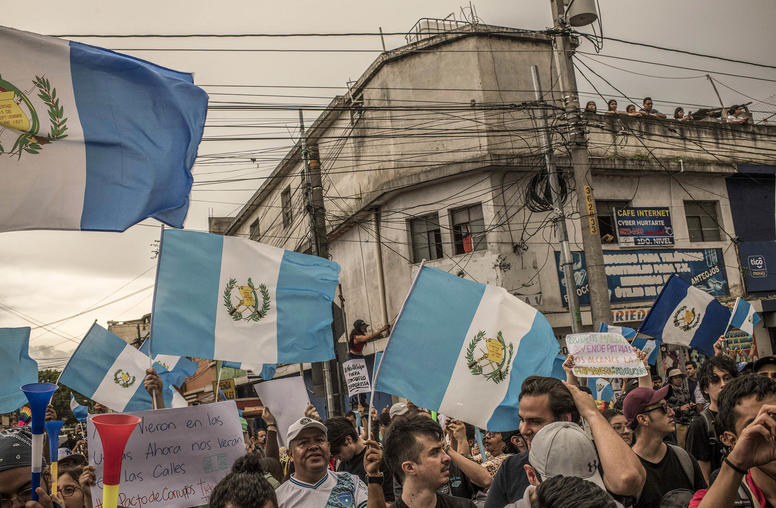
Sometimes the Good Guys Win: Guatemala’s Shocking 2023 Election
Guatemala’s 2023 elections were a turning point for the country. Despite a playing field tilted to favor the governing elite, voters elected Bernardo Arévalo, whose Semilla (“Seed”) Movement promised to break the country’s cycles of corruption, restoring democracy and the rule of law. Success was — and remains — far from inevitable. The kleptocracy pushed back hard, using their control of the public prosecutors’ office to open spurious investigations and pursue unsupported claims of electoral fraud.
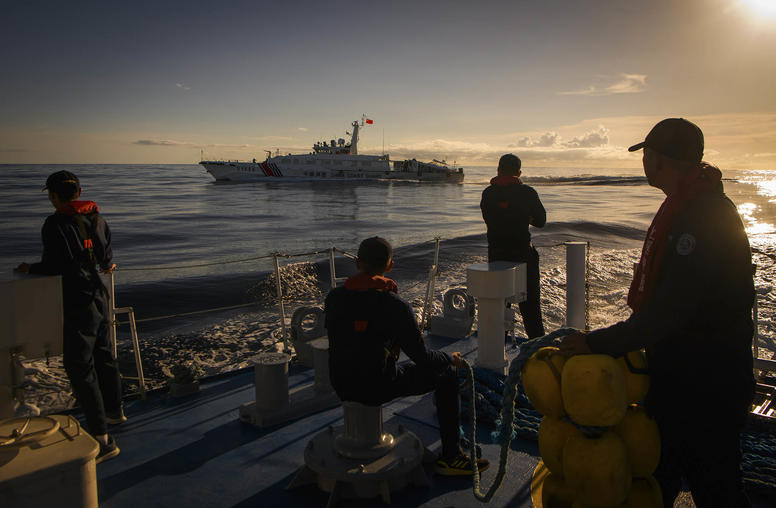
U.S., Japan, Philippines Strengthen Strategic Bonds to Counter China
Next week’s U.S.-Philippines-Japan summit comes against the backdrop of heightened tensions between Manilla and Beijing in the South China Sea, known as the West Philippines Sea in the Philippines. Last month alone saw two incidents of China’s so- called “gray zone” activities, with Chinese ships colliding with Philippines Coast Guard vessels on March 5 and blasting a Philippines supply boat with a water cannon on March 23. These disputes in the West Philippines Sea — an issue on which U.S., Japanese and Philippine interests closely align — will feature prominently when President Joe Biden, Philippine President Ferdinando Marcos Jr. and Japanese Prime Minster Fumio Kishida meet in Washington on April 11.
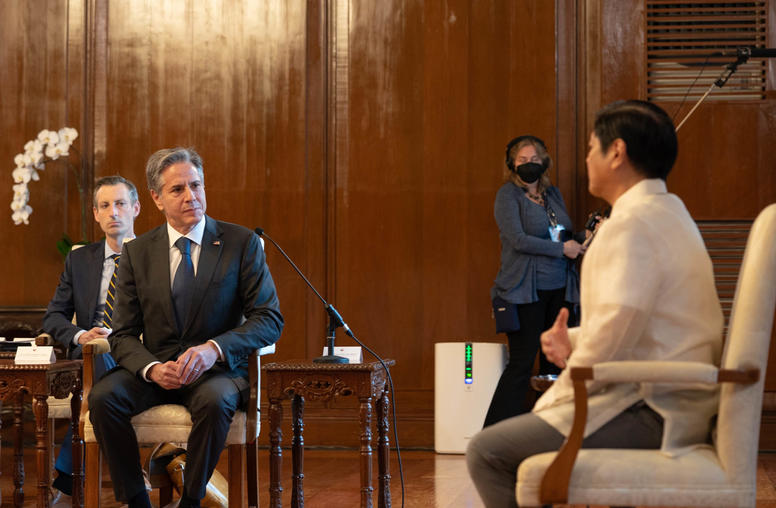
Bangsamoro Peace and the U.S.-Philippines Alliance
The election in May of Ferdinand Marcos Jr. as the 17th president of the Philippines presents an opportunity to reset U.S.-Philippines relations after six rocky years while President Rodrigo Duterte held the office. After Marcos’s sweeping election victory, President Biden called to congratulate him and then dispatched a series of U.S. officials to Manila, including Secretary of State Antony Blinken. Any concerns that the Marcos family’s corruption and lingering legal issues in the United States would hold up relations have been pushed aside due to the enormous interests the United States has in a functioning U.S.-Philippines alliance.
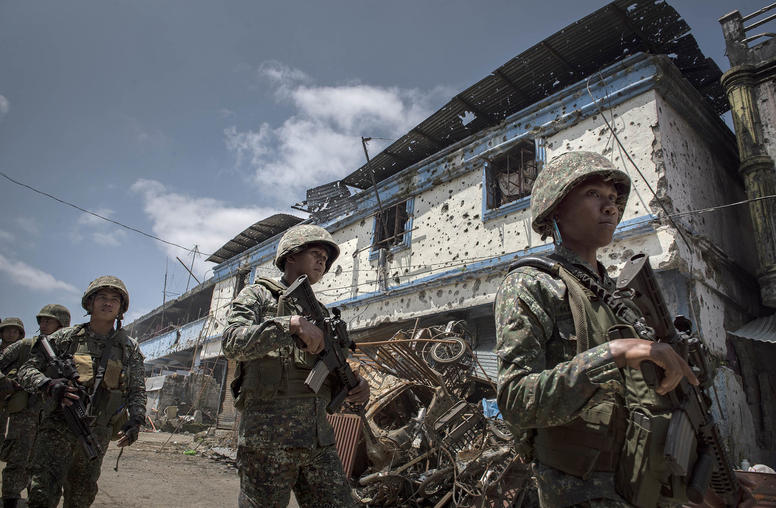
The Cascading Risks of a Resurgent Islamic State in the Philippines
On December 3, militants placed a bomb amongst parishioners gathered for Catholic Mass on the floor of the Mindanao State University (MSU) gym in Marawi City. Minutes later, it detonated killing four and injuring dozens. The Islamic State (ISIS) claimed that its East Asia affiliate was responsible for the attack. After a year of heavy losses, many had hoped that the threat posed by pro-ISIS groups was dissipating. Unfortunately, the violence that has characterized the six weeks since the bombing suggests that the Islamic State East Asia (ISEA) is attempting a resurgence timed for a critical 16-month period for the Philippines. The stakes are very high.
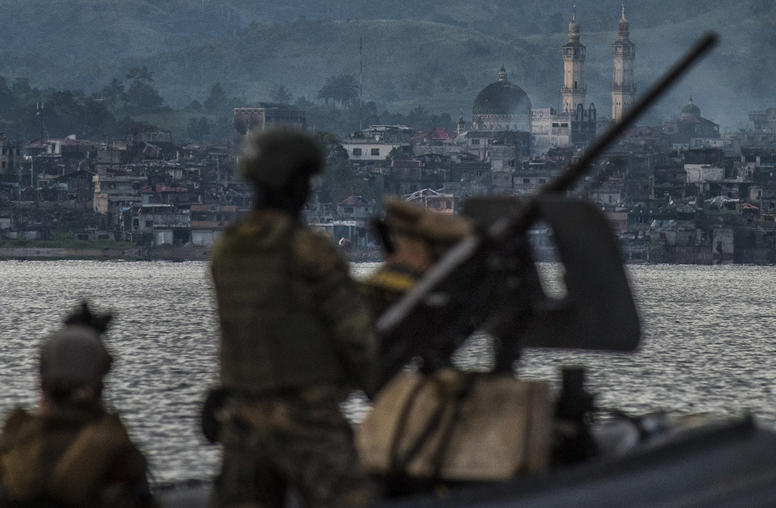
The Long Road to Peace in the Southern Philippines
For four centuries, the Muslim-majority areas in the southern reaches of the Philippines have resisted domination by the capital Manila, whether its leaders were Spanish, American or Filipino. This dynamic has spawned insurgencies, glimmers of hope for peaceful coexistence and repeated disappointment — all amid endemic violence and poverty.

The Current Situation in Nigeria
In 2023, the Network of Nigerian Facilitators (NNF) helped the Kaduna State peacebuilding institutions negotiate, draft and implement a peace agreement between local groups to resolve a long-standing and violent communal conflict. The agreement built on a 2019 peace agreement also supported by the NNF to resolve a cross-border conflict involving many of the same groups in neighboring Plateau State.